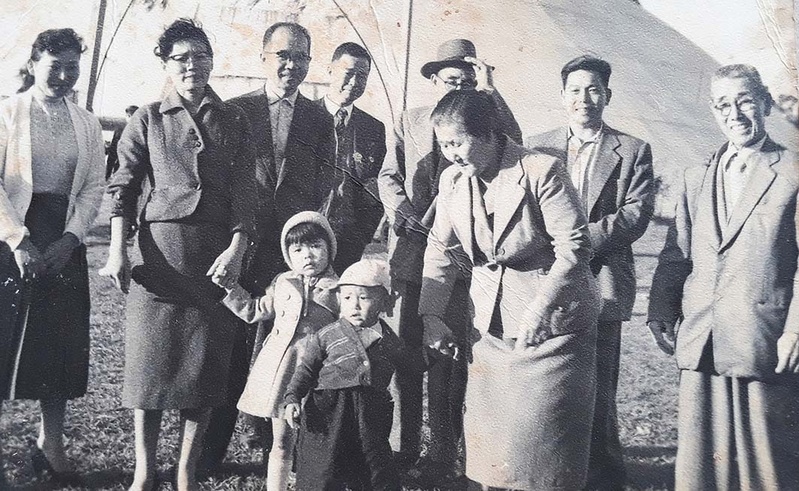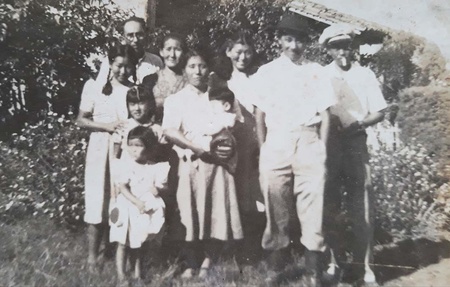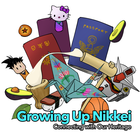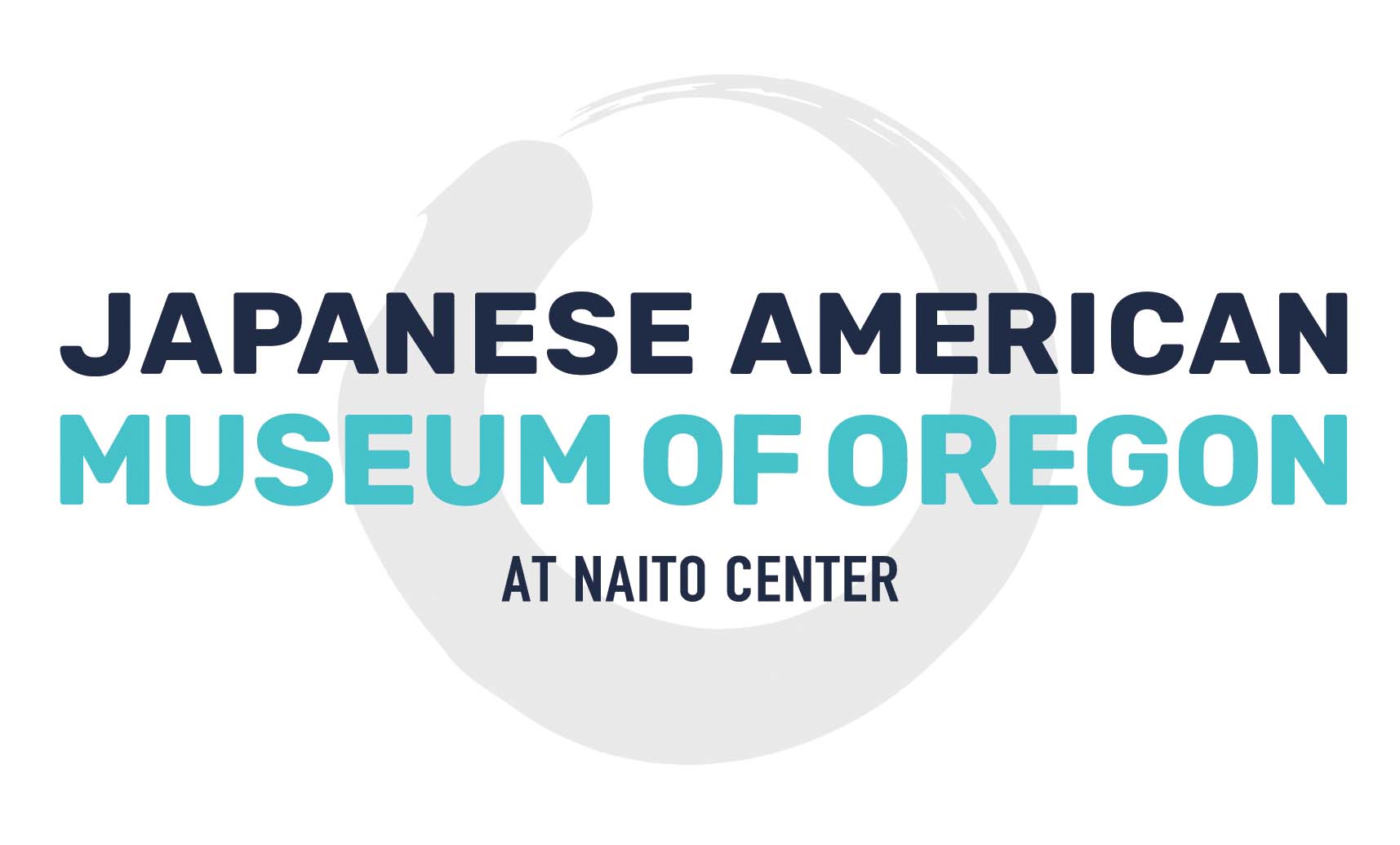Barely coming from the mushroom of 1945, my maternal and paternal grandparents.
Dreaming of new adventures, new seeds and new loves.
Young people came from the other side of the world, deceived by the Emperor's announcements about wealth and land, to meet here in Brazil! They cultivated under the burning sun: a new future, a new home and a new couple.
They never came back… third generation. Child screams, he is the youngest of three brothers. A difficult childhood, she lived surrounded by prejudice. Therefore, he did not cultivate the ancestral language. I feel for the little Jews, for the little Angolans, for the little indigenous people, for the little ones from all over the world.
She grew up divided between the culture of the Land of the Rising Sun and that of the Land of Pau-Brasil.
To find himself again, he returned to the past. Earth resurrected! Travel to Japan with a Japanese arts group, to meet the masters of origami, ceramics and their studios. What he didn't understand, didn't like, he started to admire and practice: origami , raku and haiku .
Today, without a defined race, the third generation child has become a woman and has a new Brazilian family. Unfortunately the old one is being extinguished by the Gods. My father, Paulo, and my mother, Naoko, have already passed away, aged 83. And my older brother was sadly taken away by Covid-19. Only the last name Yamashita remained, as my father was an only child. Last name that will one day disappear.
My brother got married and adopted a girl, my sister got married and divorced, and still keeps her ex-husband's surname. I chose not to adopt my husband's surname. My daughter has my last name as her middle name, and her father's last name, Oliveira.
In this current misogynistic society, unfortunately some surnames will disappear over time, as women cannot preserve their father's surname.
Words and emotions that I write here so as not to forget, to preserve the little history that remains of my Yamashita . This surname is very common, just like Oliveira. When I went to Japan, I ended up visiting Yamashita Park and found it beautiful, chillingly cold.
From what I googled, it was named after a Japanese businessman named Yamashita , who was an important land donor for the construction of the park. It was built after the Great Kanto Earthquake in 1923. It's a shame we only have our last name in common. I wonder if we are related in some way.
I don't remember my grandfather Benji Yamashita very well, I just know that he was a carpenter, and our toys were made by him! I was very little, I only remember that, where we lived, he kept a small house under lock and key. Children couldn't enter, lol. There he collected various animals in glass jars, preserved with formaldehyde. From spiders, snakes, butterflies, marine animals like a seahorse, and many old objects like manga, 78 rpm records, and woodworking tools.
I can't say if he brought it from Japan, or acquired it here. He frequented the Liberdade neighborhood and Porto de Santos a lot. I also collected orchids, but my father didn't manage this collection after my grandfather passed away, he didn't know how to take care of them and they ended up dying.
My father loved photography, unlike my grandfather. I have some photos saved of my maternal grandparents, the Kitamuras (they were from the interior of São Paulo, from a small town called Agudos, near Bauru). My maternal grandparents had a small farm in the Domélia district, my mother's baptismal name comes from there, Amélia!). At the invitation of my parents, they came to São Paulo, and visited Ibirapuera Park and the Ipiranga Museum.
My father continued my grandfather's tradition of taking his family, especially my cousins from the interior who came to spend their holidays here, and from other states, such as Paraná, to visit museums, the Zoo, the Botanical Garden, the extinct Play Center and other tourist attractions.
Unlike my father's family, which was tiny (just father and son), my mother's family was made up of ten siblings. Today, unfortunately, there is only one sister left, the youngest, who is now almost ninety years old, and lives in Minas Gerais.
As I said before, the majority stayed in the interior. After the farm was sold, the brothers opened a bakery. Most of the sisters came to work in São Paulo. My mother came to work with her older sister as a seamstress and began studying the Japanese language at Bunkyo , where she met my father.
Japanese cultural traditions were passed down to me from my father, and traditions about cooking and crafts were passed down to me from my mother. A fun fact: the person who taught me how to fold the tsuru (crane), a symbol of Peace and Longevity, was my father.
Today I am a writer and designer, and with my books I disseminate the ancient art of origami, mixing it with fun stories: Magic Hands (SESI-SP), A Cidade das Foldings (Edições Barbatana) and Poemanimais , (published by the author ).
In 2019, as I already mentioned, I took a trip to Nihon . And so I wrote a chronicle, With the heart here in Brazil , about an ancient ginkgo biloba that fell after a strong wind in Tokyo. I was very sad, because I got to know her and photograph her. As a tourist, we spend all our time taking photos, lol. Click, click, click. I took a lot of photos of this tree. Sometimes it seemed like she was looking at me and striking a pose. He even looked like a movie star, or from a drama.
Here we also have wonderful, centuries-old trees, and some that are even endangered. I stopped to think, and realized that we need to take care, respect our land, our animals, our forest more, otherwise… we will lose them.
And I can't imagine a world without trees. It would be like a chocolate cake without the icing, a football game without the fans, a school without the teachers, a book without the words and illustrations. A sky without stars.
And I suddenly remembered that, this summer, with the intense rains, hundreds of trees fell in all the big cities. Just here in my neighborhood there were several, and then I cried. I felt another tightness in my heart, now very different.
Our trees are not ancient, but they are OURS, they are part of Brazil, OUR history and OUR lives.
Unfortunately I have a sad memory. My paternal grandfather brought a ginkgo biloba seedling or seeds, and planted it in a small pot, like a bonsai. And as they say about bonsai: it doesn't know what it's like to be big and yet it will never stop being a tree!
My mother ended up replanting the bonsai in the soil in her garden, and due to a lack of information, she thought the tree wouldn't grow. It wouldn't be so big! Nor would its roots spread and disturb the structure of the house. Thus, the over a hundred year old tree was replanted in a garden with more space, grew a lot and unfortunately had to be cut down.
This way, I end my story, with memories from my grandparents and my parents. Words and Emotions. Gratitude and Miss you!
© 2023 Tereza Yamashita








